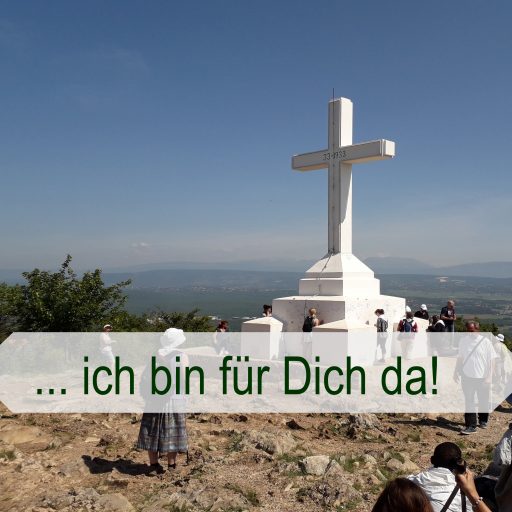Selection of the sermons of Father Ezekiel Oko
Not only pray the prayer “Our Father”, but also live it
Jesus did not hesitate to teach his disciples to pray. From his answer to the request of his disciples comes the prayer we call the "Our Father". However, the "Our Father" is much more than a prayer. For from this one learns a pattern of life that represents the life of Jesus. His earthly life referred to the will of his father, which for him is to be understood as the guide of his life, to which he dedicated all his deeds. His prayer then formed a rhythm with his actions. He teaches his disciples the same pattern of life through the “Our Father”. Two important things are noteworthy in this prayer:
-
We are children of God and can call God our father: prayer expresses the fact that we are children of God and that we can plan our lives with God. The salutation of this prayer already shows the quality of the relationship that God offers us. He doesn't want us to have a distant relationship with him, he wants us to see him as our father. As his children, we can talk to him about anything. That alone is a plus for Christianity. Only Jesus Christ brought people so close to God that we can call him our father. This intimate (almost family) relationship is not about fear, threats or oppression, but about security, trust and respect out of love. We should treat God with reverence and obey his will.
-
Prayer considers all aspects of our lives: from this prayer we also learn that God is willing to accompany us, not only in relation to the here and now of our lives, but also in relation to our past and future. That we should pray for our "daily" bread means that we need God every day. However, we should not wait for God to give us the smallest things that we can take care of ourselves. Nevertheless, his accompaniment and guidance are necessary even in the smallest things. Despite all our efforts, he is the one who ultimately gives us new life. Trusting in this care of God that we get what we need to live every day, we can experience contentment, no matter how we are doing.
But life is not just about the here and now. Because we are shaped by both our past and our future. Our past influences our present by judging us for our past mistakes. Sometimes we are tied up in thoughts about these mistakes. The "Our Father" teaches us to contemplate our faults as well as those of others through the mercy of God. Through His mercy, God tells us not to be permanently committed to our mistakes. The request for forgiveness expressed in the "Our Father" indicates God's mercy and his willingness to forgive. But the downside of this request also obliges us to practice this forgiveness for the mistakes of others. Because God accepts us as we are, we can also accept each other and ourselves, with all rough edges that can hurt. Because forgiveness is given to us, we too can forgive.
The Lord's prayer also teaches us that our relationship with God also has something important to do with our future. We often look at our future with fear because we don't know what's in store for us. Nobody knows the future. But we can entrust our future to God. "And lead us not into temptation, but deliver us from evil," at this point in the prayer we acknowledge that we are weak human beings, that we need God's help and protection. This is again a sign of our trust in God, who gives us peace in spite of all possible danger.
The Lord's prayer also teaches us that our relationsh Dear brothers and sisters, how wonderful it would be if we not only prayed this prayer, but also lived the lessons it teaches! Then we would experience the peace that only comes from a trusting relationship with God. Then we would be co-workers with God and could help shape his plan for the world with him, as Abraham did in today's first reading.
Overview

